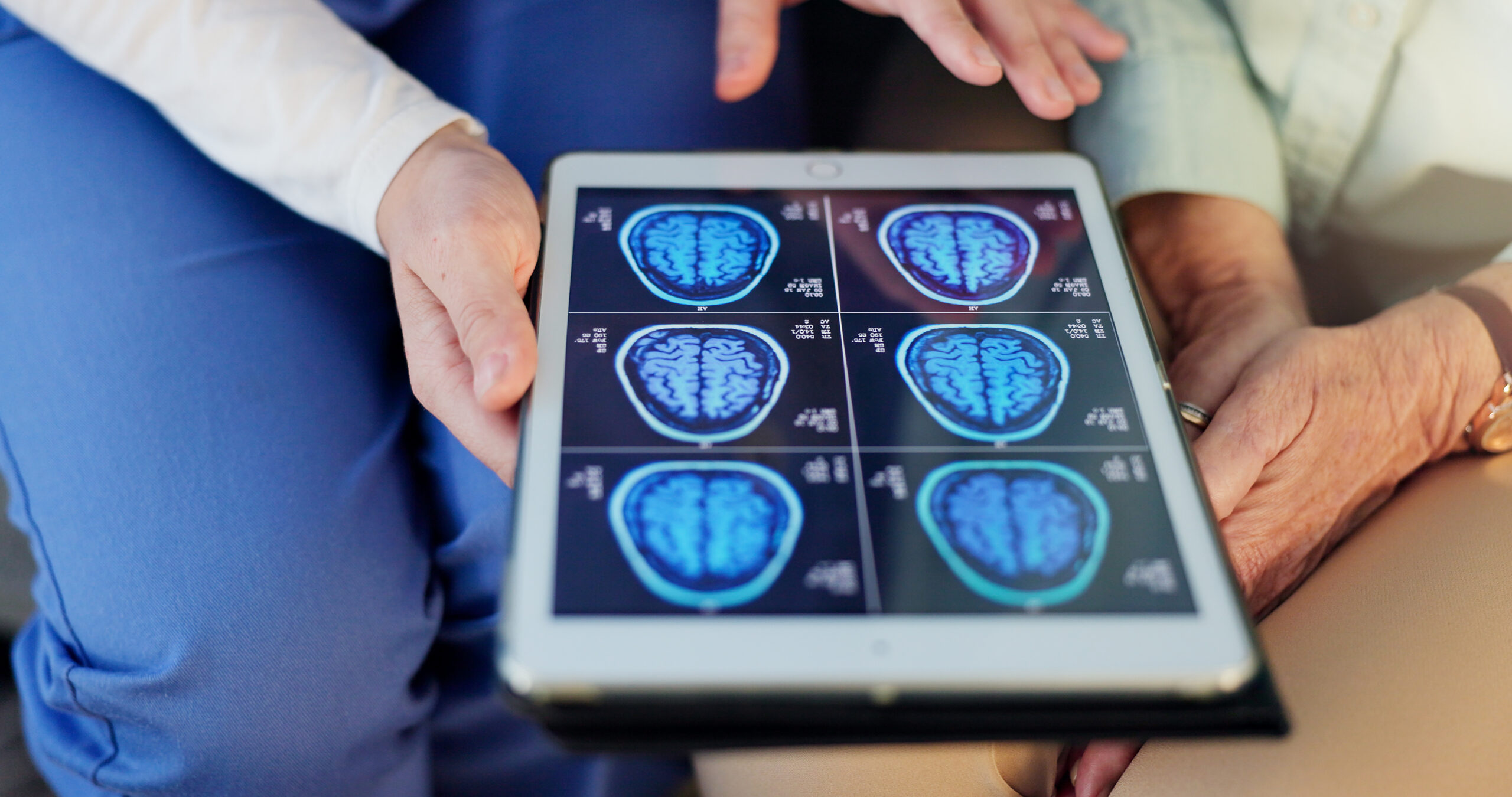

Affecting millions of people around the world, dementia is a condition that affects the lives of both diagnosed patients and their families. According to the World Health Organization, more than 50 million people out of the world’s population will suffer from dementia in 2020.
Dementia is not just a stand-alone disease, but a group of symptoms associated with reduced cognitive function. Unlike normal aging, dementia leads to memory loss, confusion, and the inability to perform everyday tasks. Of course, it depends on the stage the individual is in. Older people over 65 have a higher risk of developing dementia, genetic factors, family history and cardiovascular disease may also play a role in the disease.
“In cases where there is cognitive decline beyond the age of 3 years from birth, we are talking about dementia. However, dementia at a young age is rare. We associate the term dementia with a decline in community function at an older age, usually in people over 65. Dementia is most commonly encountered in Alzheimer’s disease, which accounts for up to 60% of all dementias worldwide. Dementia in Alzheimer’s disease (DAT) is a primary neurodegenerative disease, characterised by progressive cognitive decline and loss of independence. Statistically, the risk of developing dementia increases with age. Up to the age of 65, the probability of developing the disease is around 1%, between 65 and 85 the risk rises to 5%, but at the age of 85 and over the risk is around 40%. Most cases of DAT are the sporadic senile form, meaning that it develops at age 65 and over. To say for sure from what, we do not know. The pre-senile forms that arise at ages younger than 65 are much rarer and make up about 10% of all DAT, and these often include genetically determined forms. Unfortunately, current medicine cannot cure or even stop dementia in Alzheimer’s disease. We can, however, diagnose it early, significantly slow down the progression of the disease with treatment and thus ensure years of comfortable independent living for DAT patients. But the problem is that in its early stages, dementia often manifests itself in depressive and anxiety symptoms, which are often underestimated or treated by doctors in disciplines other than psychiatry,” explains Mykola Zholob, a doctor at the psychiatric outpatient clinic of AGEL Levice Hospital. The treatment of patients with dementia is a complex process that involves a combination of pharmacotherapy, psychosocial support, rehabilitation and care. It is important to emphasize that in the case of dementia, treatment does not lead to a complete cure, but can improve the quality of life of the patient and his/her family.
“Prevention of dementia is mainly based on active brain activity. The simplest and most effective way to prevent or delay the onset of cognitive deficits is learning. Learn something new, new languages, play a musical instrument, acquire new information, do crossword puzzles, solve Sudoku and other puzzles, increase your time in the fresh air, reduce your time in front of the television and your brain will reward you with long-lasting and good functioning. In case of the appearance of psychological difficulties, do not be ashamed, but contact a psychiatrist as soon as possible. This will help to detect and set up the necessary treatment in time. Early diagnosis and regular monitoring is crucial in the case of this disease. You don’t need an exchange ticket to see a psychiatrist, just call and make an appointment,” added the expert. The psychiatric outpatient clinic of AGEL Levice Hospital is located on the 5th floor of Pavilion A. It is possible to make an appointment to the outpatient clinic via the Call Centre. Appointments for examination are available, without long waiting times.
